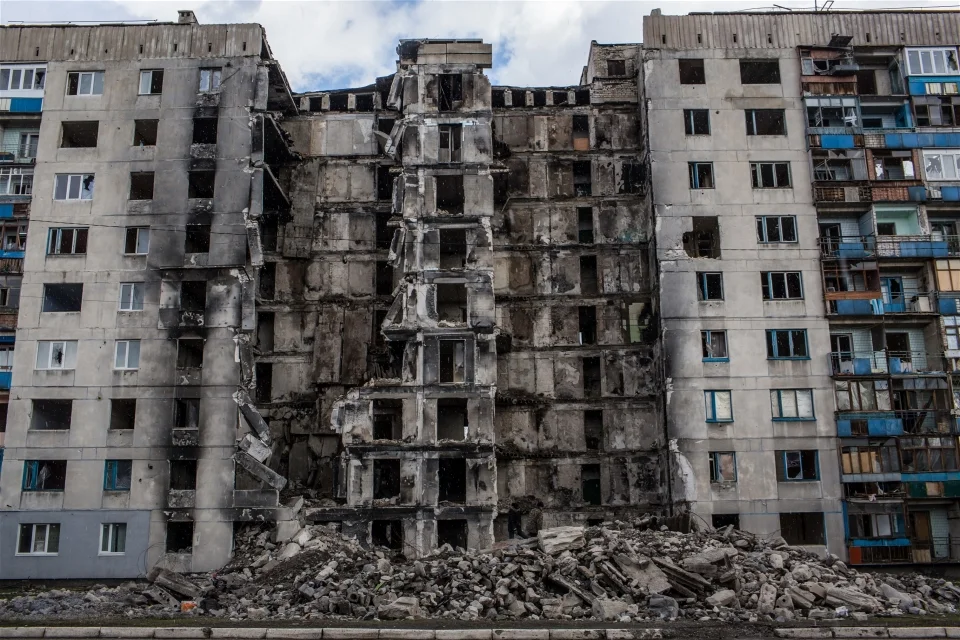Words and photos by Andrei Pungovschi in Kiev, Ukraine
In March 2014, in the aftermath of the Ukrainian revolution, demonstrations by pro-Russian and anti-government groups in the eastern region of Ukraine called Donbass erupted into open conflict between the self-declared "People's Republics" of Donetsk and Luhansk and the Ukrainian military.
At least 8,000 people have lost their lives during this ongoing conflict. The Ukrainian medical system was not prepared to handle the psychological effects of the war in the east. The last time the country was actively involved in a war was during the Soviet military campaign in Afghanistan, 30 years ago.
According to Colonel Doctor Vsevolod Stebliuk, an advisor on medicine and rehabilitation at the Ukrainian Ministry of Defense, there are approximately 24,000 licensed psychologists, but only about 1,000 that can be effective in treating soldiers and volunteers who suffer from post-traumatic stress disorder.
Part of the problem lies in the fact that mental illness still carries a lot of stigma in Ukraine and soldiers have a hard time reaching out for help. Wounded Warrior Ukraine, an organisation that helps wounded veterans, volunteers and paramedics deal with the effects of the war, runs workshops in Kiev.
Soldiers hold hands during one of the exercises.
A soldier lies on a mat during a physical exercise session.
A soldier lies in bed in a military hospital in Kiev, where he is being treated for an injury to his leg that he has received while fighting on the frontline in the east.
At the Irpin military hospital, outside Kiev, a patient uses the Interactive Virtual Reality Exercise System to improve control of his movements. The hospital is the most advanced centre for physical and psychological rehabilitation in Ukraine.
A wounded soldier plays with a balloon in his bed in Kiev's central military hospital. Many soldiers who have been wounded say do not trust psychologists, because they have not witnessed the war first-hand.
A nurse helps a soldier during physical therapy at Irpin military hospital. Doctors say that the Ukrainian medical system was ready to deal with the physical wounds, but not the psychological effects of war.
A soldier pushes himself during physical therapy at Irpin military hospital. This room is fitted with domestic devices and objects that he will need to readjust to using again after recovering from injuries that damaged his nervous system.
A nurse oversees a patient in a relaxation room at Irpin hospital. Voices within the medical system say that the rehabilitation effort is severely under-staffed and under-financed.
Oleh Hukovskyy, first from the left, a psychiatrist and psychotherapist, leads the Wounded Warrior Ukraine workshop. The purpose of these seminars is to train Ukrainian veterans to become instructors and helps other soldiers understand and fight PTSD.
Pavel and Natalya embrace during the workshop. He is a Russian soldier from Moscow who has joined the Ukrainian forces to fight the pro-Russian rebels in the east. Natalya is a volunteer who has helped Ukrainian forces on the frontline.
For IRIN's earlier feature on the aid shortfalls in rebel-held areas, see: The struggle for survival on Ukraine's frontline
Edited by Andrew Gully, cover photo by Brendan Hoffman/Mercy Corps











